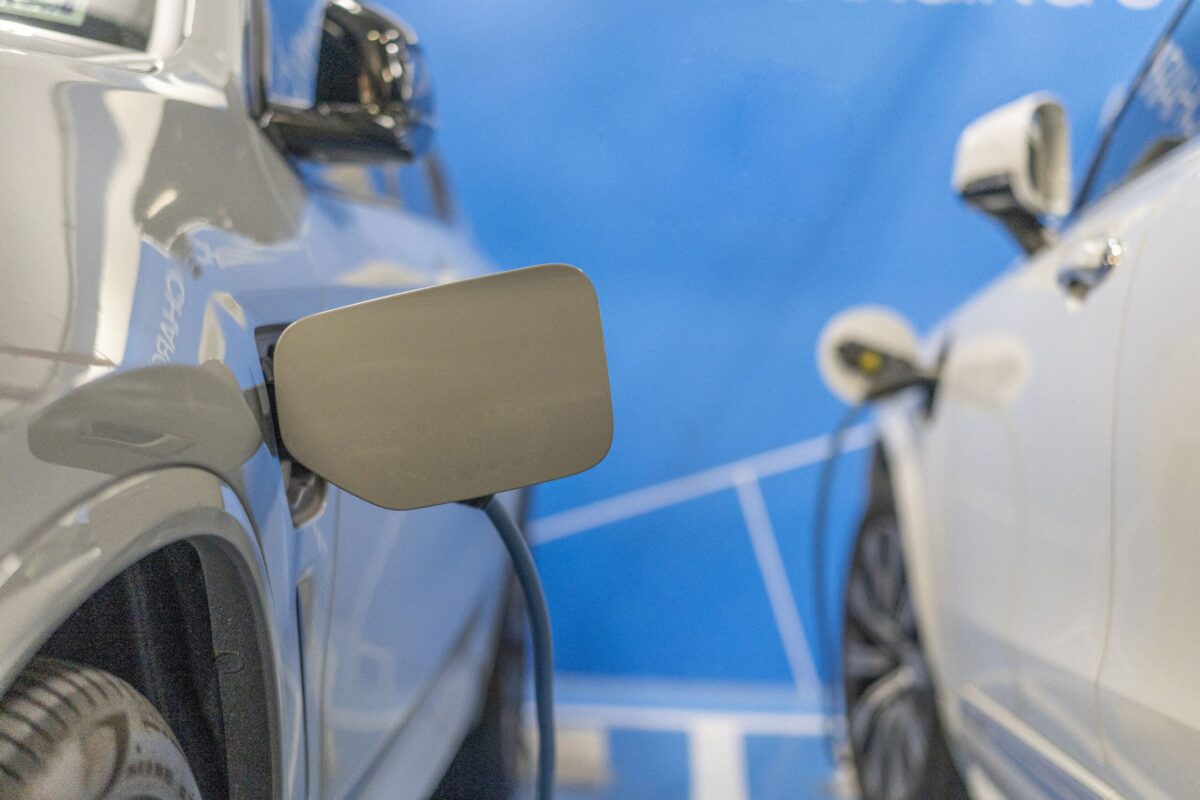
KUALA LUMPUR, Oct 23 — The government should consider including charging stations as national grid assets to support the potential increase in electric vehicles (EVs) in Malaysia, said Puchong MP Yeo Bee Yin.
She likened the situation of EVs and charging stations to a “chicken and egg situation,” in which people would not buy EVs unless there were enough charging stations available.
“However, if there aren’t enough EVs on the road, no company would want to install charging stations, as the stations’ revenue depends on how many EVs are charged daily,” she said when debating the Supply Bill 2025 in the Dewan Rakyat today.
Yeo suggested that Tenaga Nasional Bhd (TNB) bear the cost of installing charging stations using its capital expenditure (capex) for the upcoming fourth regulatory period (RP4) of the Incentive Based Regulation spanning 2025-2027.
“With the installation of charging stations under IBR, TNB will be the main executor and thus able to plan and install charging stations quickly and efficiently in public places.
“Furthermore, the charging stations’ per-unit cost will be lower due to the economies of scale,” she added.
The former energy, science, technology, environment, and climate change minister said all capex for the national grid infrastructure is included under the IBR framework and is a component used to set the base electricity tariff for Peninsular Malaysia.
Yeo said that if the capex for RP4 is the same as RP3’s at RM20 billion, the cost of setting up charging stations would only be 2.9 per cent of the total capex spent by TNB for the 2025-2027 period.
“Based on my rough calculation, to achieve the target of 10,000 charging stations nationwide, we must build about 7,500 more stations.
“Assuming that 20 per cent of these are direct current (DC) chargers, which cost about RM250,000 each, and 80 per cent are alternating current (AC) chargers, which cost about RM35,000 each, the total cost would be RM585 million.
“The question now is, is it worth investing? I think it’s a big yes. This is because these stations’ impact is huge and positive,” she added.
Meanwhile, Yeo also urged the government to expedite the tabling of the so-called “lemon law”, which safeguards consumers against products that do not meet quality standards.
According to her, the lemon law has already been implemented in many countries, including South Korea, the United States, Australia, Canada, Singapore, and the Philippines, and it is usually used to protect car buyers.
“The lemon law gives the purchaser the right to seek a refund or replacement if the vehicle bought continues to have serious problems after several repair attempts,” Yeo explained.
She said that 70 per cent of Malaysians own at least one car, and the lemon law will enhance the quality of vehicles sold in the market and after-sales service.
— Bernama
2024-10-24T00:59:00Z
Source Link: Selangor Journal